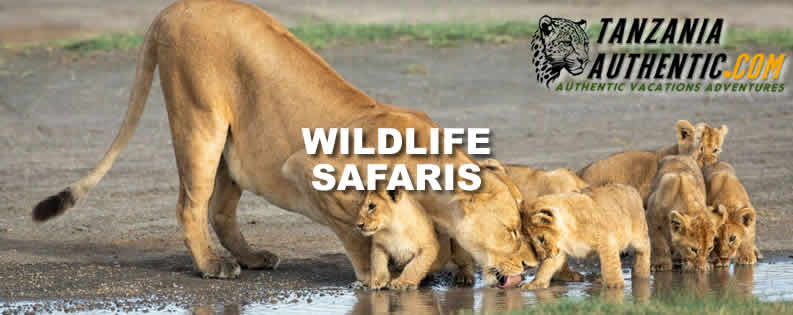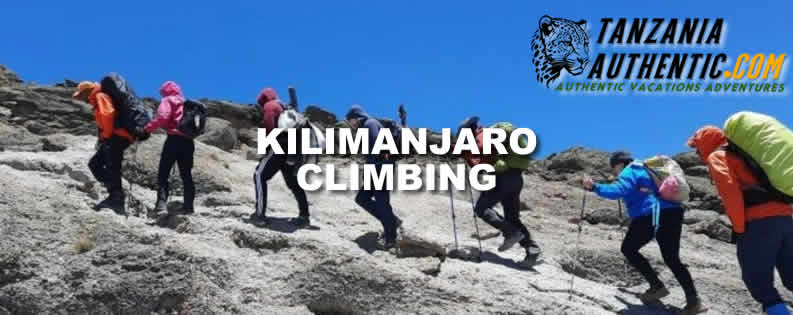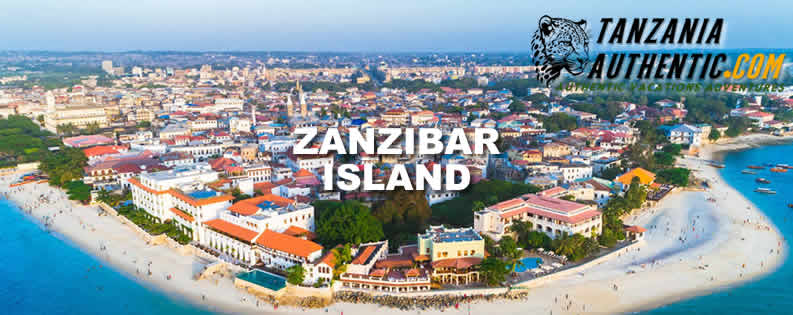Understanding the Impact of Human-Wildlife Conflict: Bridging Nature and Humanity
Introduction: A Call to Harmony
In the tapestry of life on Earth, humans and wildlife share a complex relationship. As we continue to encroach upon natural habitats, the phenomenon of human-wildlife conflict (HWC) emerges as a pressing issue. This conflict arises when the needs of wildlife clash with human interests, leading to significant challenges for both species. Understanding the impact of human-wildlife conflict is not just an academic exercise; it is a vital step toward fostering coexistence and ensuring the survival of our planet’s incredible biodiversity.
In this blog post, we will explore the nuances of HWC and its profound implications on ecosystems, communities, and conservation efforts. Moreover, we will highlight how Authentic Vacations Adventures, a premier tour operator in Arusha, Tanzania, plays a crucial role in promoting wildlife conservation through responsible tourism.
What is Human-Wildlife Conflict?
Defining HWC
Human-wildlife conflict refers to the interactions between humans and wildlife that result in negative outcomes for both parties. These encounters can lead to property damage, injury, or even loss of life. Conversely, wildlife may suffer from retaliatory actions, habitat loss, or disrupted migration patterns.
Common Causes of HWC
Several factors contribute to the rise of human-wildlife conflict:
-
Habitat Encroachment: As urban areas expand, wildlife habitats shrink, forcing animals into closer proximity with human populations.
-
Resource Competition: With limited resources such as food and water, wildlife may intrude into agricultural lands, leading to crop damage.
-
Climate Change: Altered weather patterns can shift animal behaviors and migration, leading to unexpected encounters with humans.
The Consequences of Human-Wildlife Conflict
Economic Impact on Communities
Human-wildlife conflict can have dire economic implications for local communities. Farmers may suffer crop losses due to wildlife foraging, leading to economic instability and increased poverty. This creates a cycle of resentment, where communities view wildlife as threats instead of vital components of the ecosystem.
Threats to Biodiversity
The retaliatory measures taken by humans often result in the culling of wildlife populations. This not only diminishes biodiversity but also disrupts ecological balance. For instance, the decline of predators can lead to overpopulation of herbivores, which in turn affects vegetation and soil health.
Psychological Effects
The stress and fear associated with living in proximity to wildlife can take a toll on mental health. Communities living near national parks or wildlife reserves often experience anxiety, particularly regarding the safety of their families and livestock.
Solutions to Mitigate Human-Wildlife Conflict
Community Engagement and Education
Raising awareness about the importance of wildlife conservation can transform perspectives. Educational programs designed to teach communities about the ecological roles of different species foster empathy and promote coexistence.
Innovative Practices in Agriculture
Implementing wildlife-friendly farming practices can significantly reduce conflict. Techniques such as crop fencing, using scare tactics, or diversifying crops can protect agricultural assets without harming wildlife.
Promoting Responsible Tourism
Responsible tourism initiatives not only provide economic benefits to local communities but also raise awareness and funds for conservation efforts. Partnering with operators like Authentic Vacations Adventures allows tourists to engage with wildlife in a sustainable way, supporting both conservation and local economies.
Your Role in Wildlife Conservation
Travel Mindfully
By choosing to book tours and safaris with Authentic Vacations Adventures, you contribute to wildlife conservation efforts in Tanzania. This esteemed tour operator is dedicated to responsible tourism practices that minimize human-wildlife conflict, ensuring that your adventure supports the very ecosystems you seek to explore.
Advocate for Change
You can also play a part in advocating for policies that protect wildlife and promote coexistence. Whether through social media, community involvement, or direct donations to conservation projects, every action counts.
Conclusion: Together for a Sustainable Future
Understanding the impact of human-wildlife conflict is the first step toward a harmonious coexistence between humans and nature. By fostering education, implementing innovative solutions, and engaging in responsible tourism, we can mitigate the challenges posed by HWC. Remember, every safari and tour with Authentic Vacations Adventures is not just an adventure; it’s a step towards preserving the delicate balance of our planet’s ecosystems for future generations.
Let’s unite in our efforts to protect wildlife and support local communities. Book your next unforgettable safari today with Authentic Vacations Adventures and play an active role in creating a brighter, more harmonious future for all living beings. Explore, engage, and inspire change!









